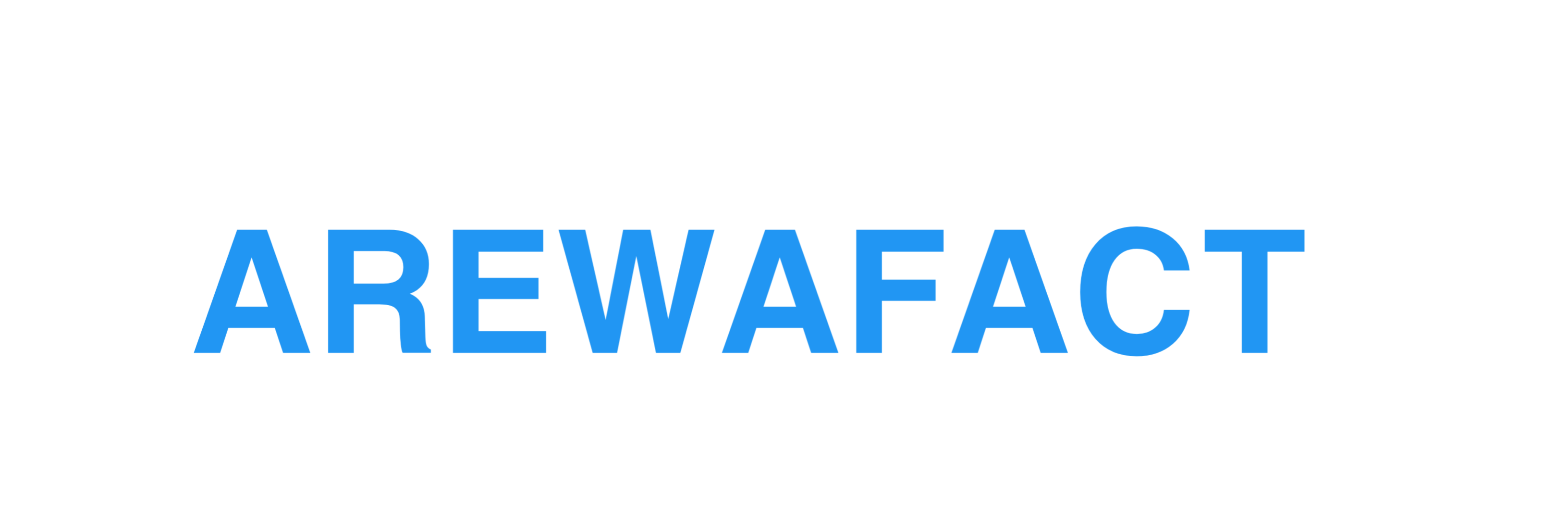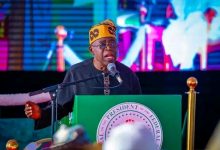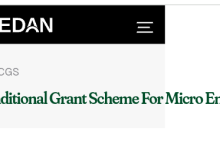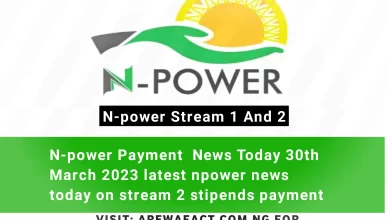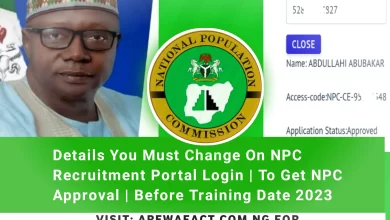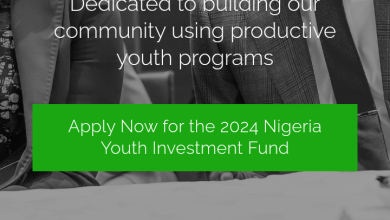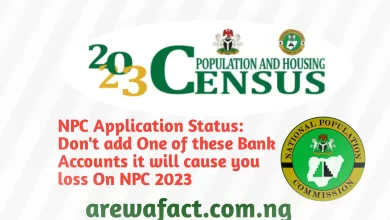Federal Government RRR Cash Grant Payment Update: 20th July 2023 A Sign of Hope: COVID-19 A Payment
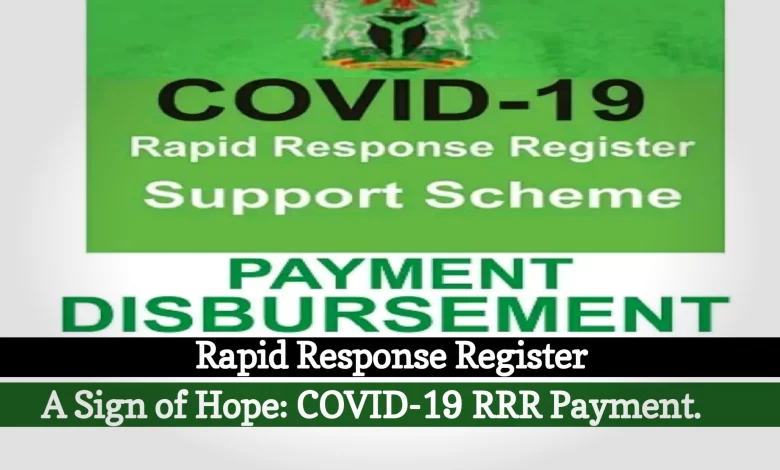
Federal Government RRR Cash Grant Payment Update: 20th July 2023 A Sign of Hope: COVID-19 A Payment
Published on July 20, 2023, by the arewafact.com.ng Team
Today, July 20, 2023, we have some brand-new information concerning the Rapid Response Register (RRR) payment to share with you.
This update includes information on the N30,000 RRR payment, the ASCCO COVID-19 RRR Second Batch Disbursement Update, and the disbursement of Fuel Subsidy Removal Grants.
The National Cash Transfer Programme includes all of these activities.
A Sign of Hope: COVID-19 A Payment
The second batch of COVID-19 R Payment applicants will soon receive good news.
The National Social Safety-Nets Coordinating Office (NASSCO) announced on Twitter that the Senate has granted President Bola Ahmed Tinubu’s request for a $800 million loan.
Let’s take a moment to stand back. In November 2022, Dr. Ibraheem Adam, the National Cash Transfer Office’s (NCTO) acting director, explained that a $800 million loan from the World Bank had been secured to aid Nigerians.
The Federal Government’s objective to help 100 million Nigerians escape poverty is aligned with this loan. Giving out this cash enables the recipients to escape poverty, become productive, and establish a long-lasting way of life.
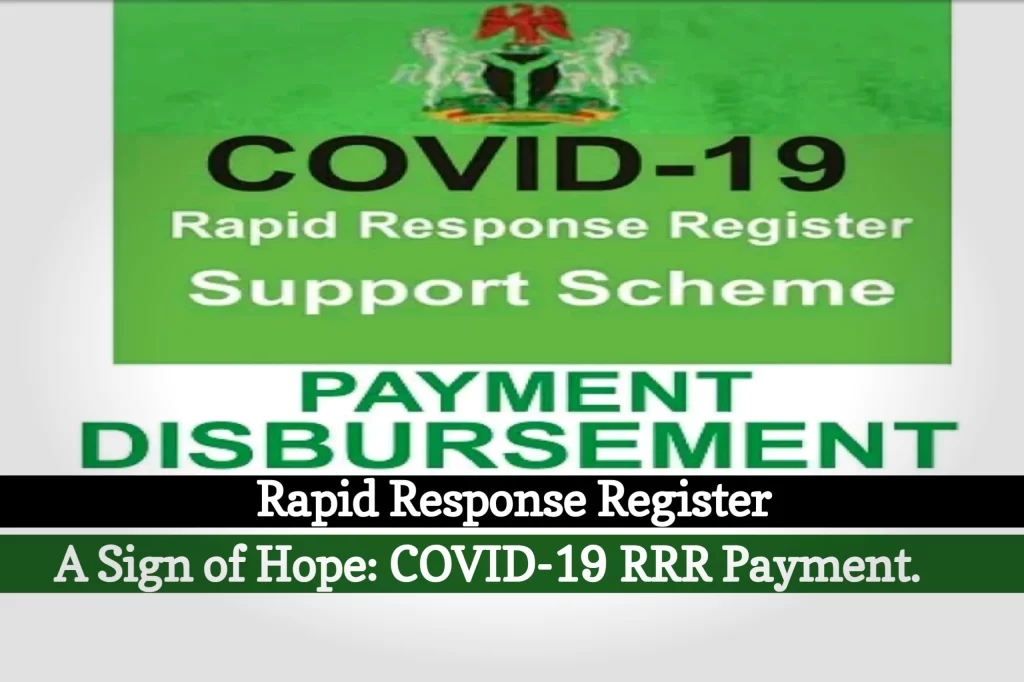
You May Also Click To Check This 👉2023-smedan-business-loan-personal-loan-credit-loan-and-mortgage-loan-apply-free
Previous Update and the Grant to Remove Fuel Subsidies
In our previous report, we discussed how the Buhari administration’s Minister of Finance, Budget, and National Planning, Mrs. Zainab Ahmed, verified the Federal Government’s acquisition of a $800 million loan.
The National Social Safety Nets Programme, which also includes the Fuel Subsidy Removal Grant, is intended to develop as a result of this financing.
Mrs. Ahmed said that although the Senate had authorized the distribution of the cash, there had been a delay since President Tinubu Administration had taken over.
In a letter, President Tinubu requested that the National Assembly change the 2022 Supplementary Appropriations Act.
He wants to set aside N500 billion to help with the problems brought on by the removal of the fuel subsidy.
Additionally, he urged the National Assembly to approve the National Social Safety Nets Programme’s (NASSP) extension, emphasizing its potential to positively impact about 60 million people as a significant remedy for the nation’s persisting problems.
President Tinubu’s demands were granted by the National Assembly, increasing the likelihood that the COVID-19 RRR Payment for the Second Batch of Applicants and the Fuel Subsidy Removal Grant payment will take place soon.

What are the Fuel Subsidy Removal Grant and the RRR?
The Rapid Response Register (RRR) for COVID-19 Cash Transfer is an initiative supported by the World Bank, as was detailed in our last COVID-19 RRR Payment update.
This initiative was started by the Federal Ministry of Humanitarian Affairs, Disaster Management, and Social Development. Its goal is to locate and register low-income urban and semi-urban residents who have lost their jobs and become even more destitute as a result of COVID-19’s severe economic repercussions.
The RRR Payment entails making monthly cash transfers of N5,000 for a total of N30,000 over six months.
The gasoline Subsidy Removal Grant, on the other hand, is a grant provided by the federal government to ease the burdens brought on by the elimination of gasoline subsidies. The Tinubu-led Administration effectively carried out this policy.
According to the former Buhari administration’s plan, each recipient of the Fuel Subsidy Grant will receive N5,000 each month. It is similar to the COVID-19 Cash Transfer Rapid Response Register (RRR) in that it can be given as a lump sum of N30,000.
In a recent letter to the National Assembly, President Tinubu proposed funding the Fuel Subsidy Removal Grants Programme with N8,000 per beneficiary over six months for around 12 million households. Under the National Social Safety Nets Programme, NASSCO oversees the coordination of this initiative.

Defending the N8,000 Fuel Subsidy Removal Grant Against Critics
NASSCO clarified that vulnerable people already listed on the National Social Register have active bank accounts in response to someone who criticized the N8,000 Fuel Subsidy Removal Grant and expressed concern about finding vulnerable Nigerians and making sure the money gets to them (as some may not have bank accounts).
Additionally, the Office promised to open bank accounts for additional homes so they could be listed on the cash transfer intervention register.
